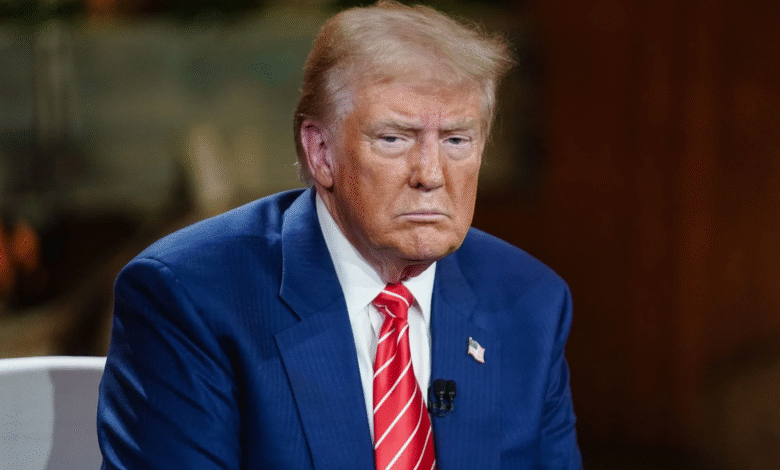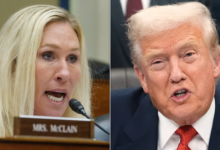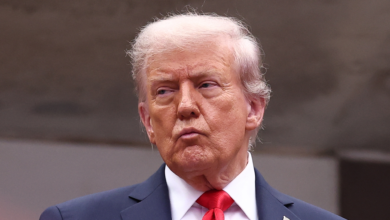Trump Forced to Admit How Much His Key Crusade Has Backfired
The president said he would be working on a bailout for farmers after his tariffs destroyed their biggest market.

President Donald Trump will unveil a rescue plan this week for farmers whose markets have been severely affected by his signature economic policies.
“I’m going to make changes in agriculture this week,” the president told reporters at the White House.
This was Trump’s announcement regarding the finalization of a massive new aid package for farmers who lost billions of dollars due to the president’s tariffs, which sparked a trade war with China earlier this year.
According to the New York Times, China is typically the world’s largest buyer of U.S. agricultural products, but this year it began to shift its focus to other markets after Trump imposed tariffs of more than 100% on Chinese imports.
Tariffs are a form of import tax paid by U.S. companies, with consumers typically bearing the additional costs. These duties temporarily excluded Chinese products from the U.S. market.
They have since been reduced to 30%, but China has retaliated, imposing 10% tariffs on U.S. imports and turning to Brazil and Argentina for its agricultural purchases.

U.S. farmers are on track to reduce their soybean sales to China by $10 billion compared to last year, and sorghum exports to China, which totaled $1.3 billion last year, have fallen 97% this year, according to the Times.
At the same time, the tariffs have increased costs for U.S. farmers, who are facing rising fertilizer and equipment prices as they lose their main customers.
In recent years, interest rates have also risen and prices for major crops have fallen.
As a result, prices for virtually all crops are now below production costs, according to the Times. Republican lawmakers estimate that farmers could need up to $50 billion in economic support to withstand Trump’s trade war.
During his first term, Trump offered a $20 billion bailout to farmers—a longtime voting bloc—after imposing drastic tariffs on China.
At the time, China retaliated by imposing tariffs on American whiskey, cranberries, pork, and soybeans, forcing the administration to tap into Commodity Credit Corporation funds to help struggling farmers.
This time, those funds have run out, but Treasury Secretary Scott Bessent has promised “significant” support for farmers, who say they welcome the aid but prefer to be able to export to their customers.
Bessent owns thousands of acres of soybean and corn farms in North Dakota, which generate up to $1 million in rental income annually, according to the New York Times in August.
On Sunday, the Wall Street Journal editorial board called Trump’s tariff policy a “self-destructive folly,” arguing that “the failure of agriculture” confirms that corporate success now depends on how effectively industries and businesses lobby for tariff relief.
“The thugs in Washington have never been this successful,” the editorial board wrote. “Mr. Trump’s tariffs are good for the political class, but not for everyone.”







